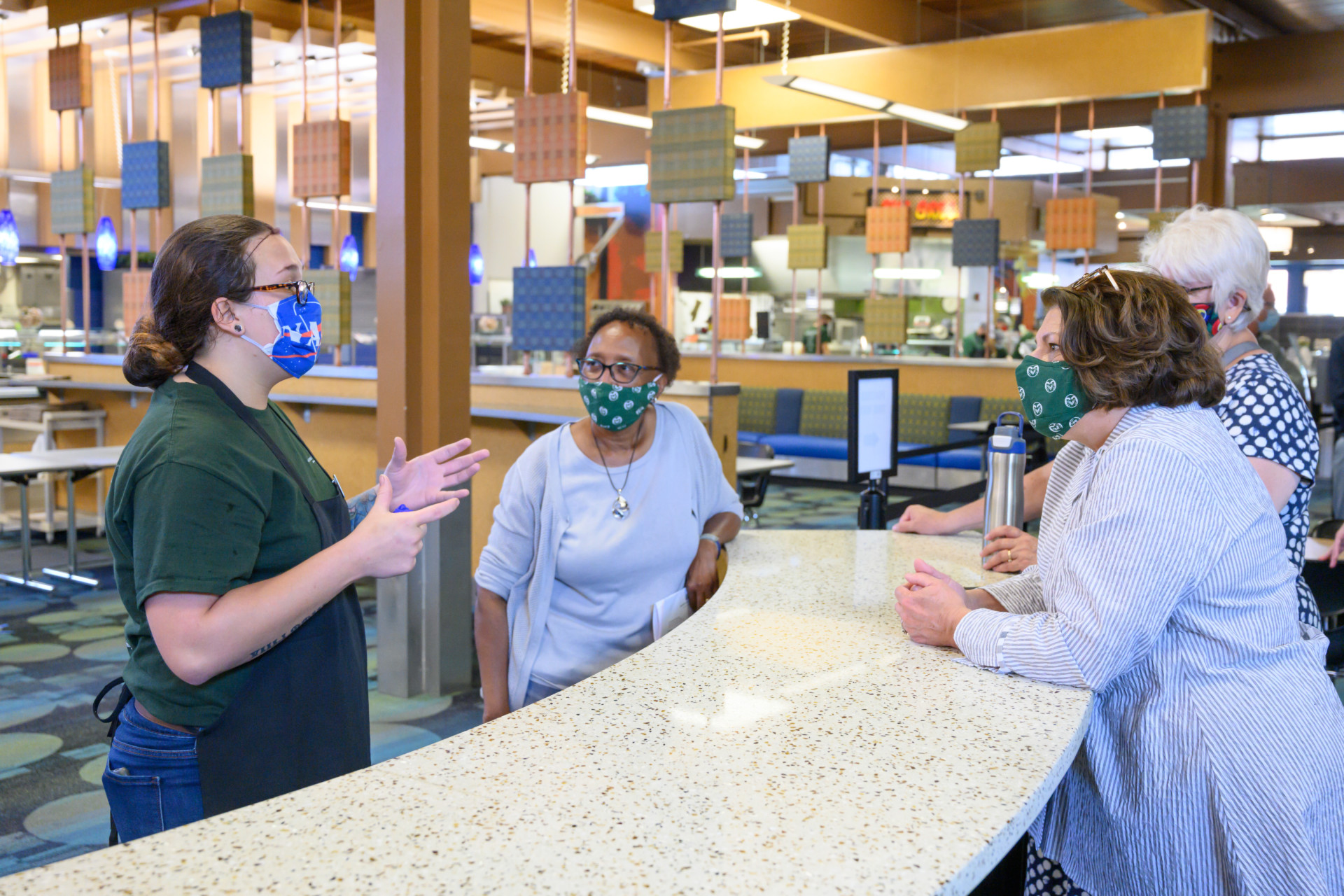How Veterinary Testing Protects the Well-Being of Pets
How Veterinary Testing Protects the Well-Being of Pets
Blog Article
Keeping your furry friends healthy is crucial to their quality of life. Diagnostic centers for pets provide essential diagnostic support for our furry companions.
Here, we’ll explore how veterinary labs help maintain pet health, their key services, and why these labs are invaluable for your pets’ health.
Understanding the Role of Veterinary Testing Centers
Veterinary labs provide in-depth analysis of various health issues in cats and dogs. They are critical for animal doctors to deliver personalized care for pets.

The procedures at these labs commonly consists of:
- Obtaining biological samples: Blood, urine, feces, or tissue samples are taken by the vet.
- Analysis of specimens: Skilled technicians process the data.
- Results interpretation: The lab offers conclusions to the veterinarian for custom care strategies.
Common Veterinary Tests for Pets
Veterinary labs specialize in various diagnostic services to ensure pets stay healthy. Frequently conducted exams include:
- Hematology panels: Check for chronic conditions.
- Kidney function tests: Assess kidney function.
- Intestinal health tests: Ensure proper digestion.
- Skin tests: Address skin irritations.
- Radiographic tests: Identify hidden injuries.
laboratorio exames veterinariosgenoma laboratório veterinário
laboratório de análises veterinárias
The Benefits of Veterinary Diagnostics
Ongoing health monitoring is essential for preventing serious illnesses. Catching issues early allows for better outcomes.

Why regular testing matters include:
- Better disease management: Early interventions for your pet’s needs.
- Peace of mind for pet owners: Track their wellness.
- Avoiding expensive treatments later: Catch issues before they become critical.
Conclusion: Prioritizing Pet Health with Veterinary Labs
Relying on regular health assessments for your four-legged friends is one of the best ways. Animal diagnostic centers deliver accurate results to manage their health effectively.
Start using veterinary labs for routine care to support their needs for years to come!
Report this page